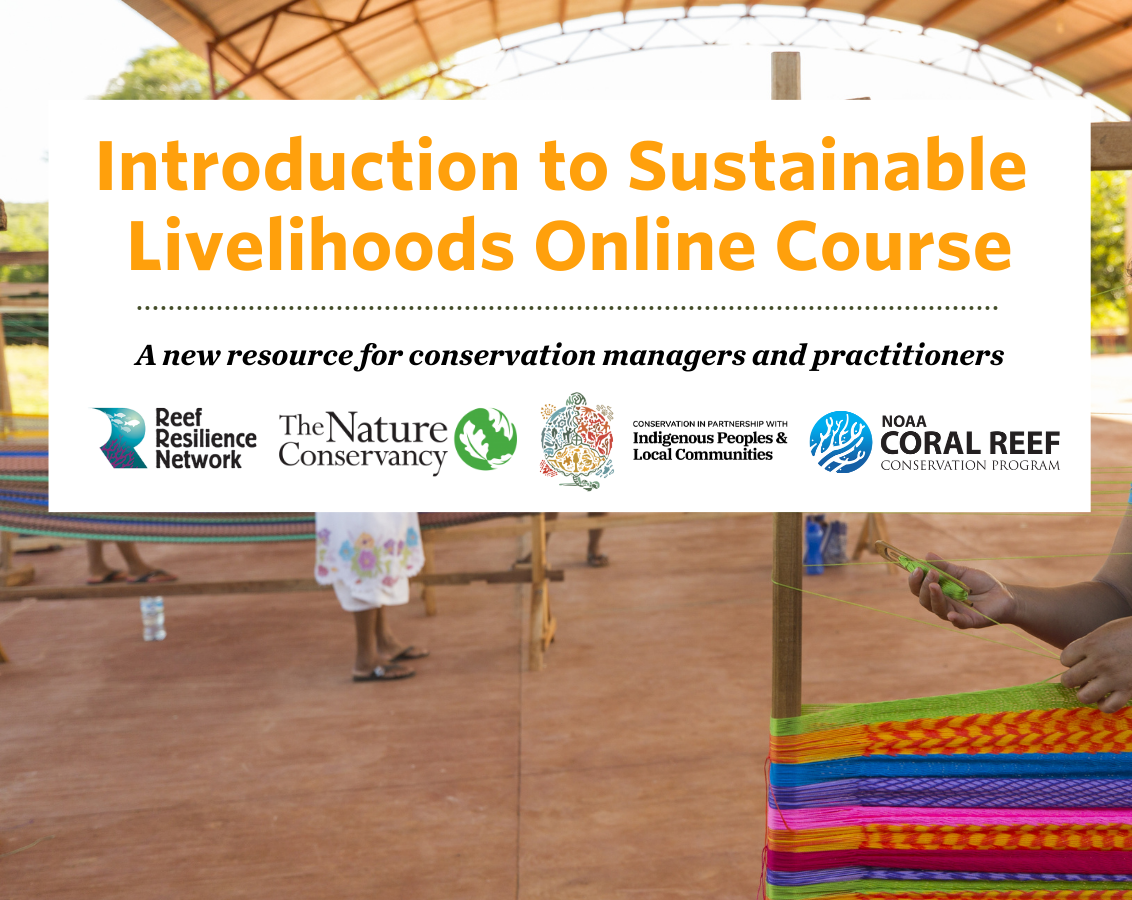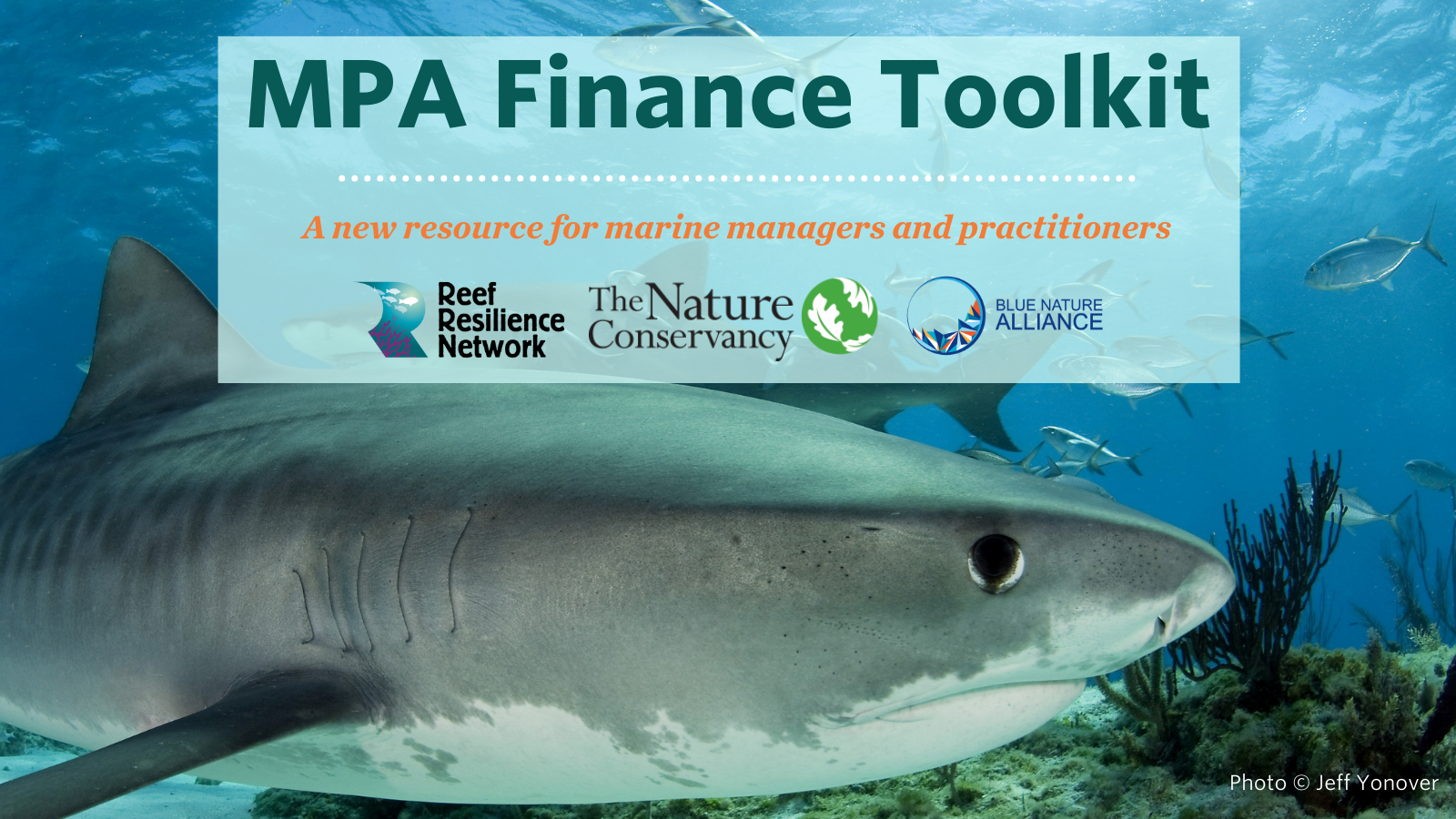Marine heatwave stress has led to widespread coral bleaching and mortality events. The ability of reef-building corals to withstand this heat stress will be an important trait under natural selection in the coming decades. Selection and propagation of heat-tolerant coral genotypes is emerging as a possible strategy for restoration projects. Previous studies have indicated that corals with increased heat tolerance host certain microalgal symbiont taxa, but at the expense of reduced growth and fecundity, potentially impacting the dynamics of coral populations.
In a recent experiment, fragments from 70 Acropora digitifera colonies were exposed to a 5-week heatwave. Despite a wide range of bleaching and mortality responses among colonies, no trade-offs between heat tolerance and other life-history traits were found. Surprisingly, a weak positive link between coral colony growth and heat tolerance was observed, as fragments from faster-growing coral colonies withstood higher levels of experimental heat stress before bleaching and mortality occurred.
Unlike the previous research where high heat tolerant corals were dominated by the algal symbiont Durusdinium spp. and showed reduced calcification and growth, all colonies in this study – including the most heat tolerant individuals – were dominated by C40 Cladocopium spp. The study implies that certain coral populations may not always experience a tradeoff between increased heat tolerance with reproductive output or overall colony growth, offering a more optimistic outlook for coral resilience.
Implications for managers
- Protecting or transplanting heat-tolerant corals may be a successful strategy to mitigate climate change impacts on reefs.
- When thinking about restoration through fragmentation of heat resilient colonies, it is important to consider the origin of the colony. In the past, trade-offs between heat resistance and growth have usually been between species or populations from different reefs. This highlights the importance of finding the most tolerant corals on the local reef and using these for outplanting rather than looking for corals from distant reefs.
- More research is needed to understand whether selecting for heat tolerance can also improve other beneficial traits, and whether there is a genetic basis to these trait relationships. Coral reef managers can support research on how corals adapt and what factors make them more resilient.
- Enhanced heat tolerance helps some corals but doesn’t shield them from all threats; conservation efforts should address issues like water quality, pollution, and overfishing for comprehensive protection.
Author: Lachs, L, A. Humanes, D.R. Pygas, J.C. Bythell, P.J. Mumby, R. Ferrari, W.F. Figueira, E. Beauchamp, H.K. East, A.J. Edwards, Y. Golbuu, H.M. Martinez, B. Sommer, E., van der Steeg and J.R. Guest
Year: 2023
Communications Biology 6: 400 doi: 10.1038/s42003-023-04758-6


